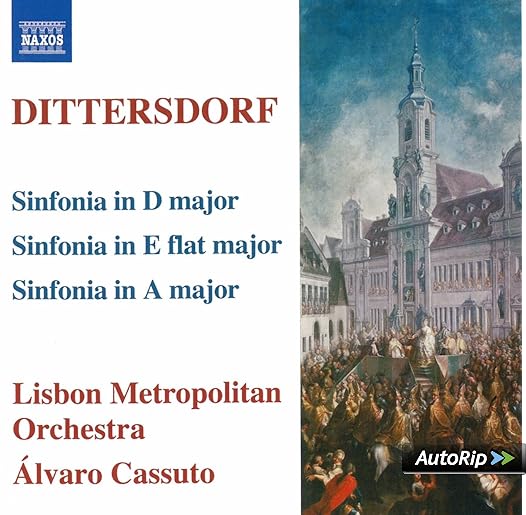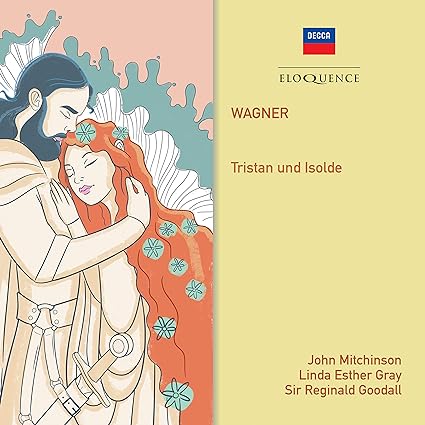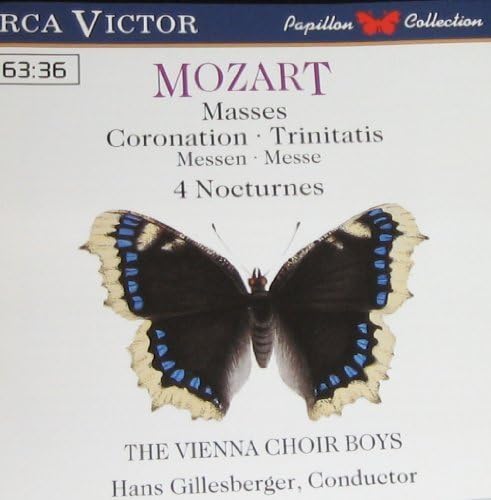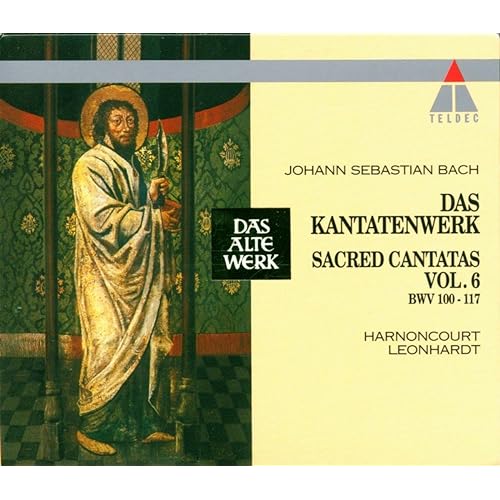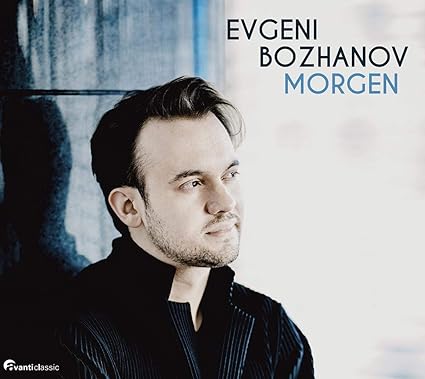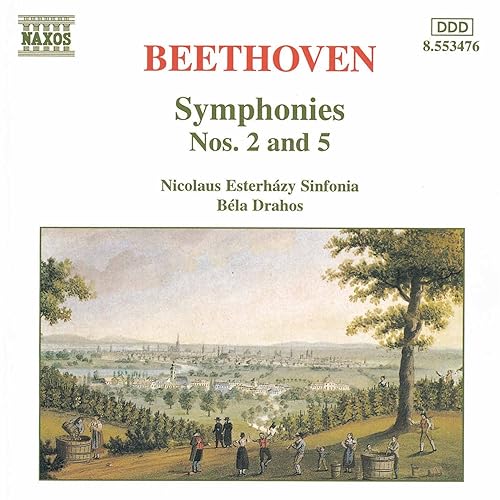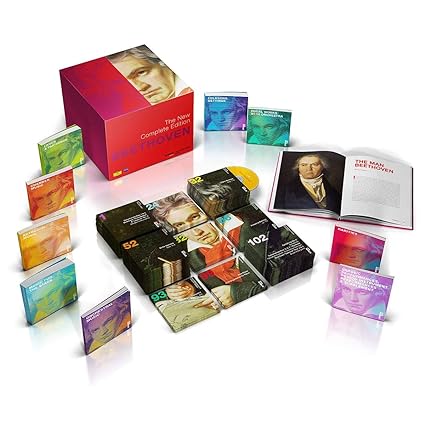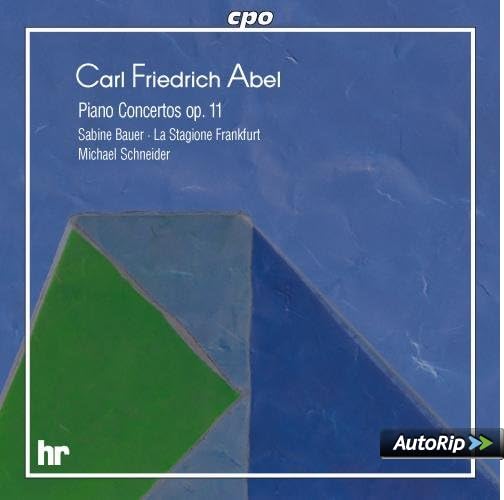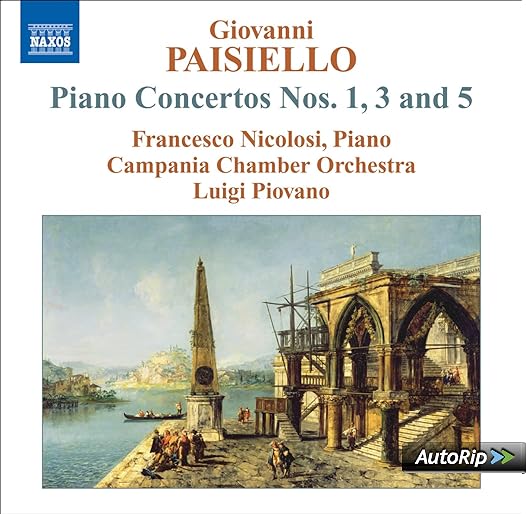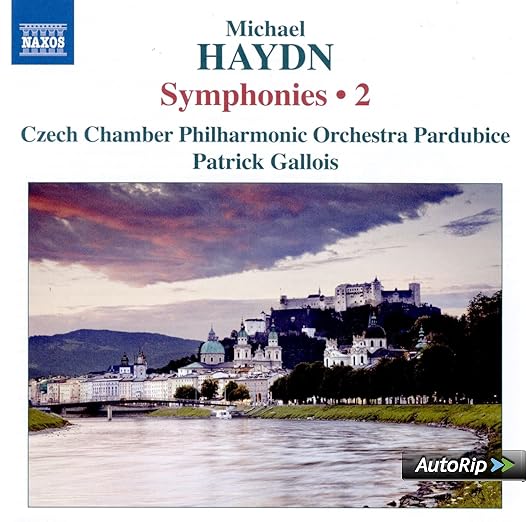Well, um, wow. When the Goodall
Ring was reissued by Chandos, I read some hoopla, but the timings were absurdly long, and, worse yet, the operas were sung in English. Wagner in English. What's the point? (I mean, really, imagine
Peter Grimes sung in German.) Hard pass.
I saw the ClassicsToday review of Goodall's
Tristan and my curiosity was piqued. Yes, the slow tempi remain, but it's sung in German, as it should be. The glowing review and perfectly reasonable price prompted me to buy, and boy, am I glad I did. My last new
Tristan was Fluffy's studio effort, which is quite good, but this is rather better. To be sure, the singers and orchestra and recorded sound have all been bettered in other recordings, though not all at once, but the thing here is the conducting, the big picture.
Act I is not revelatory, but it's something. The entire opera is very long, coming in at 4'20", but it never feels slow. Goodall's dramatic command ranks with the greats, and his presentation is at times relaxed and it flows
perfectly at all times. He never leads anything too slowly, never overemphasizes anything, never unduly underscores anything, all while leveraging early digital Decca sound to reveal pretty much every detail. Are harps that distinct in person? Nope. Do violins get that type aural focus, as in the passages leading up to the reappearance of the Prelude? Nuh uh. So what? Goodall also uses his slow overall tempo to perfection as he ratchets up intensity in the coda. And if his singers don't set standards, they work very well, and when the soon to be lovers call each other's names, it's most affecting. And that's just Act I.
In Act II, the exchange between Brangäne and Isolde is tense, and then the second scene starts off at a gallop, and only intensifies as the lovers meet, with Goodall showing he knows when to whip the band into a frenzy. Nice. The entire scene maintains a sense of tension belying any reputation for excess slowness, and it most certainly never sounds sluggish, though it does assume a more languid, sensual sound. Perhaps one could object to the spotlighting and the almost syrupy string playing, but in this scene that can't really be considered a problem. As a bonus, one gets a preview of the Liebestod, and Gwynne Howell sings King Mark's most effectively, paired with weighty and perfectly flowing accompaniment.
Act III starts with a slow, weighty, grim and at times funereal Prelude, and John Mitchinson sings well. Indeed, his singing may just sound too beautiful at times. I will confess that here the intensity of Jon Vickers works exceedingly well, and when one matches the singing style with the acting (and, alas, dreadful visuals) as in Orange '73, one hears and sees what else can be done with the role and Act. But here is where comparisons display limitations, because Vickers' approach, good as it is, isn't really suited to Goodall's conception whereas Mitchinson's blends in just fine. One does feel the impact of the slow overall tempo of the Act at times, but somehow it actually enhances enjoyment, and again, when full force tuttis appear, the contrast and dramatic impact are enhanced, as in the build up to Isolde's arrival. The opera moves forward from that moment on with an at times almost breathless intensity, aided by the careful pacing. Linda Esther Gray delivers a fine Liebestod, with Goodall delivering on the promise shown in the prior act. Sure, Catarina Ligendza still owns this little chunk of Wagner as far as I'm concerned, but within Goodall's conception, everything comes off just dandy.
After the positive review in CT, I expected good things, but this entirely crushed expectations. I almost wanted to listen again immediately, and will again relatively soon - and soon for a Wagner opera - and I'd like to do A/Bs, but that's rather difficult to do. Based on impact, this rates up there with Karl Böhm at Bayreuth in '66 and Carlos Kleiber at La Scala in '78. In other words, this is top shelf stuff.
I have noticed that there's a German language Parsifal led by Goodall out there. Might be worth hearing. I'm kind of questioning the hard pass thing, too.
Amazonn UK link:
https://www.amazon.co.uk/dp/B07N3RG7BN/?tag=pinkfishmedia-21



